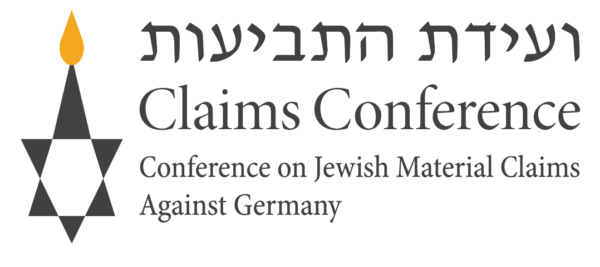Claims Conference Obtains Approximately $26 Million For 7,000 Holocaust Victims Who Lived Under Persecutory Restrictions
Claims Conference in the Media | Press Inquiries | Publications | Videos | Updates
This post is for historical informational purposes only. Please do not refer to this post for information pertaining to current Claims Conference programs. Visit What We Do for current program guidelines and information. Thank you.
April 29, 2011
The Claims Conference could pay a total of approximately $26 million to 7,000 Jewish victims of Nazi persecution who were subjected to regulations restricting their freedom of movement. These Holocaust victims may now be entitled to a one-time payment from the Hardship Fund, following Claims Conference negotiations with the German government.
The experiences of these Holocaust victims – many from Morocco who lived under French collaborationist occupation – have never before been acknowledged with even symbolic payments. The Claims Conference has been intensively pressing this issue for a number of years with the German government. Many Romanian and Bulgarian victims are also now eligible for a Hardship Fund payment.
In the past, the Claims Conference had obtained compensation payments for other North African Jews who had been incarcerated in labor camps during WWII, but the persecution of Moroccan Jews under the rule of Vichy France had not been acknowledged.
The Hardship Fund makes one-time payments of €2,556 (approximately $3,700 at the current exchange rate). The Nazi victims concerned must have been restricted in their freedom of movement on the basis of an official order of the Nazi regime or its allies, by being subject to a curfew or obliged to register, with limitation of residence such as “Résidence forcée.” In order to qualify for a payment, an applicant must meet all the other criteria of the Hardship Fund.
Full criteria for the Hardship Fund are at www.claimscon.org/hardshipfund.
“Restricting the freedom of movement to the domestic area or a specific region was an effective means to the goal of seizing the Jewish population in Germany and the regions under German influence,” said Julius Berman, Claims Conference Chairman. “By clarifying this element of persecution, we obtained recognition for the persecution suffered by those who lived under these restrictions.
Restriction of the freedom of movement includes, among other things, bans on entering parks, cinemas and public places and on using public transport; limiting shopping; and the obligation to regularly register at the offices of the German authorities or those of its allies.
People who believe that they are entitled to a one-time payment from the Hardship Fund on this basis should contact the Claims Conference at info@claimscon.org or at 646-536-9100.

